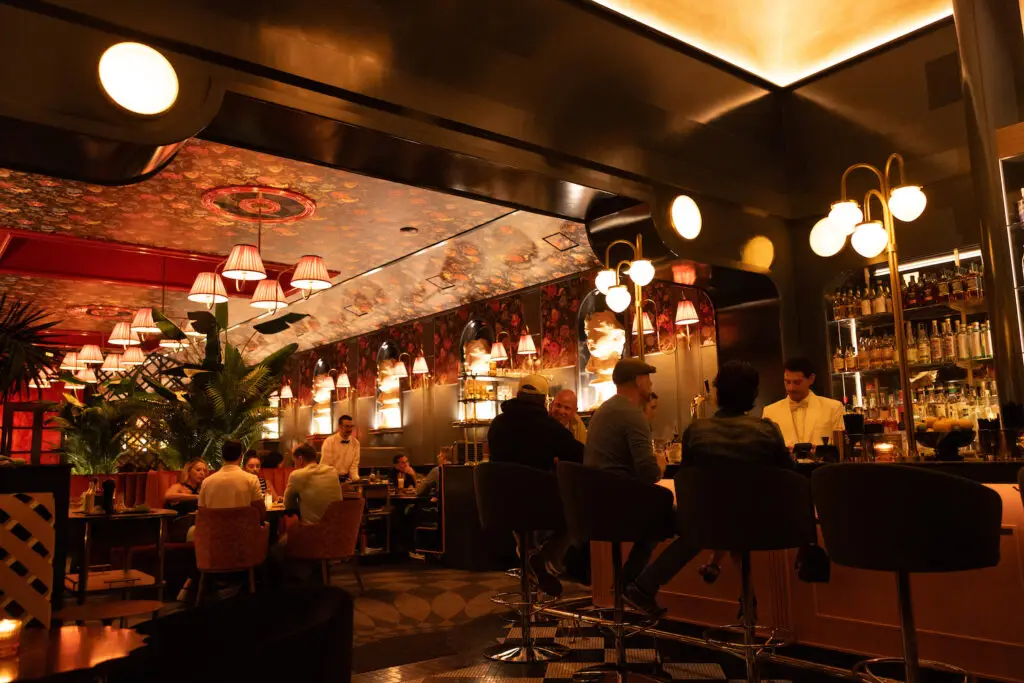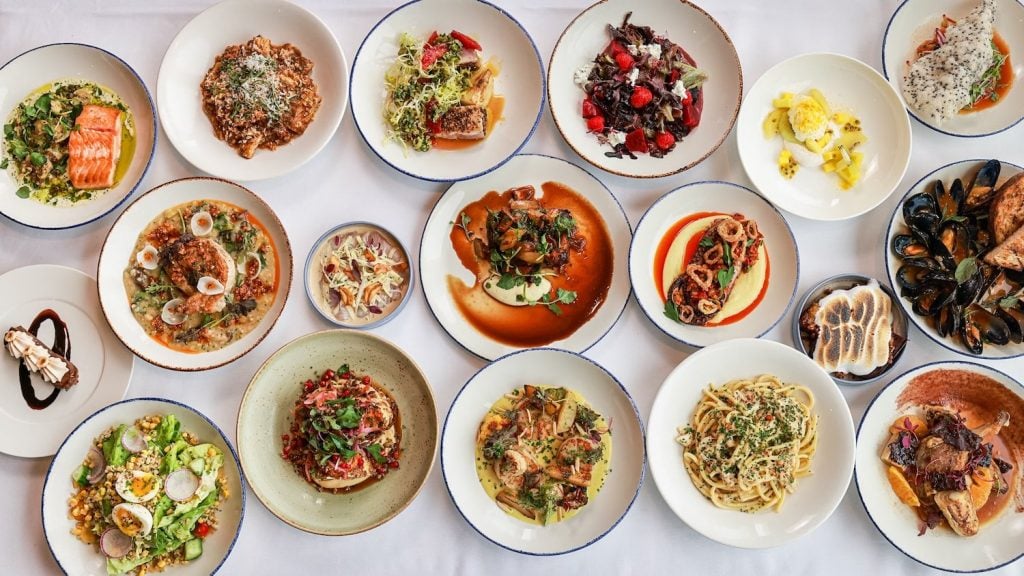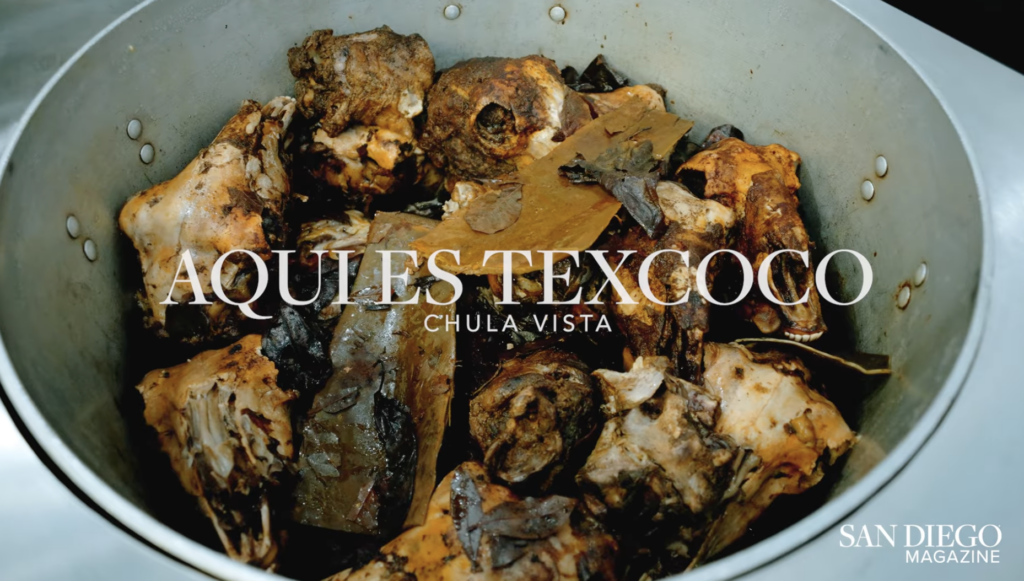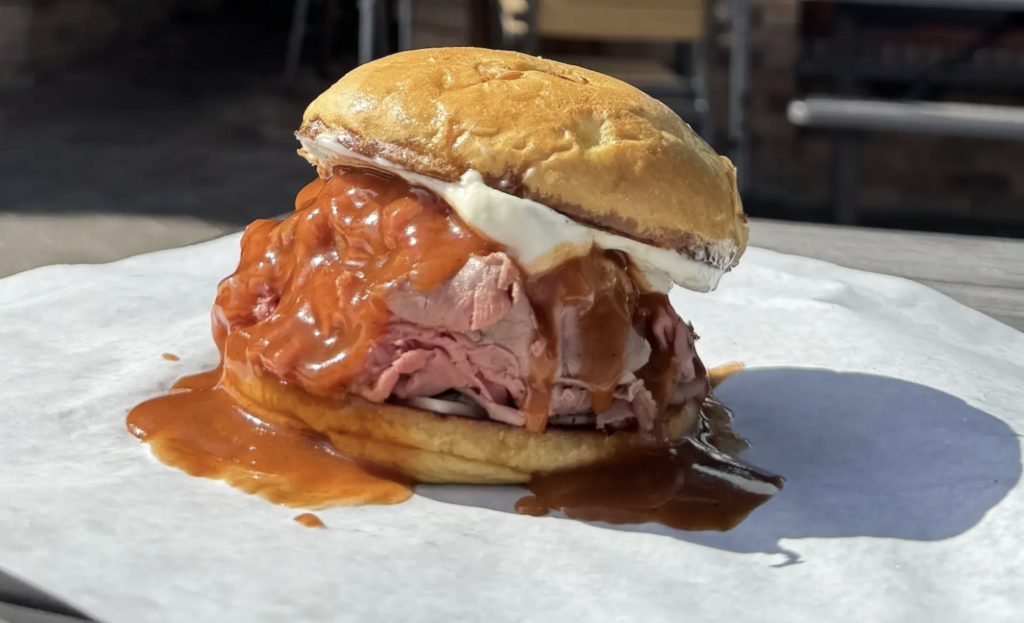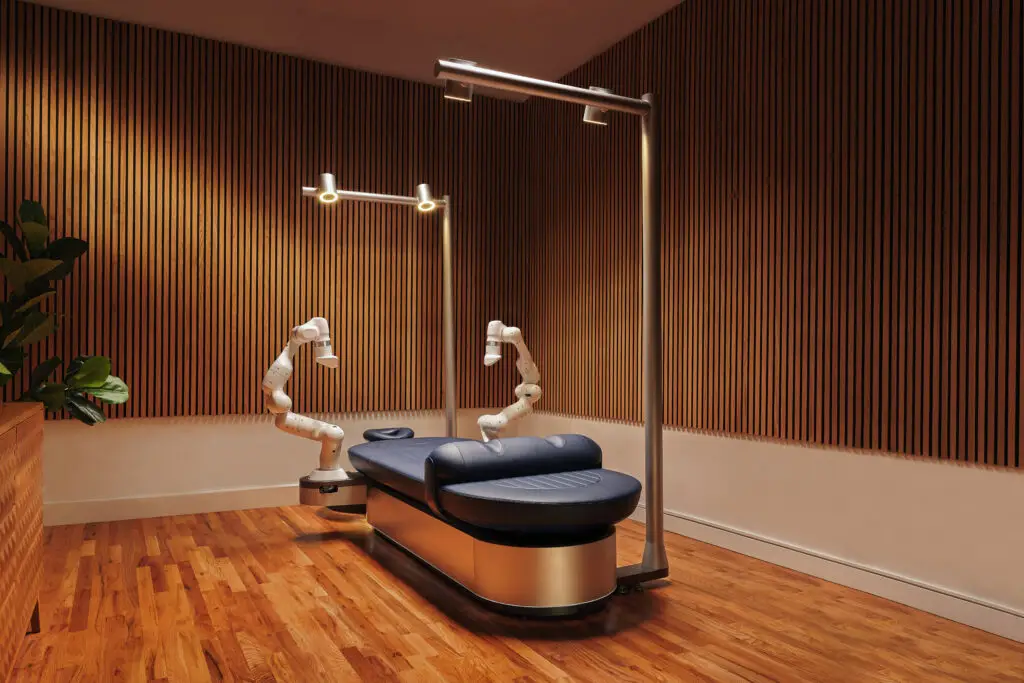
Power of the Juice Press
Fruit and vegetable juice is the new coffee—a previously marginal, mass-produced commodity being upscaled by technology and aficionado-ness. Not to mention a new, health-obsessed marketplace. Experts estimate the premium juice category is worth $1.6 billion to $3.4 billion, and growing fast. By “premium,” they mean cold-pressed juice. Whereas traditional fruit juices are heat pasteurized, which denatures healthy enzymes and oxidizes nutrients, cold-pressed juice uses high pressure for maximum health retention.
Your father’s O.J.? Mostly sugar water, say cold-pressers.
San Diego has been the epicenter of the movement. Starbucks bought S.D.-based Evolution Fresh in 2011. And now the biggest name in the U.S. for cold-pressed juice is the all-organic Suja. In two short years, Suja has grown from the kitchen of Encinitas surfer and yoga enthusiast Eric Ethans into a nationally distributed company valued at $150 million.
“Timing is everything in life,” says Suja CEO Jeff Church, who, along with entrepreneur James Brennan (Stingaree, Searsucker), joined Ethans and his partner, Annie Lawless, two years ago. “The carbonated soft drink market is $28 billion, but three billion is dropping out of that. You’ve got a lot of dollars coming out of the sugar-water claim against regular fruit juice. Energy drinks are under attack. Consumers want healthy alternatives. With cold-pressed juices, there are no additives—just fruits and vegetables.”
Pounds of produce go into each bottle of the industry’s most famous drinks, like BluePrint Green Juice (six pounds per 16 ounces), Evolution Fresh (one to two pounds per 15.2 ounces) and Suja’s Glow (two to three pounds per 16 ounces). That explains why they cost so much ($3.99 to $8.99 per bottle for Suja, about $5 per bottle for Evolution Fresh, about $10 per bottle for BluePrint).
In two short years, Suja has grown from the kitchen of an Encinitas surfer into a national company valued at $150 million.
When Church—a self-made investor who last spearheaded Nika Water—joined Suja, the business didn’t seem scalable. Fresh juice spoiled in four to six days, unable to survive the slow journey of nationwide retail. Then they learned through Evolution Fresh about high-pressure pasteurization (HPP). HPP is the key technology credited with revolutionizing the juice market. Instead of heat, HPP creates 87,000 psi of pressure (same as the Mariana Trench, in the deepest part of the ocean). That kills pathogens and makes the juice stable for weeks, says Church, without denaturing the healthy parts, and retaining the color and flavor of the original juice. To fulfill a first order of 25,000 bottles from Whole Foods, they used the third floor of Brennan’s former nightclub, Stingaree.
“Suja, Forager, and BluePrint—one of those is going to make a huge play and the rest of them are going to be also-rans,” suggests Douglas Raggio, CEO of Gastronome Ventures, a food and beverage investment company in San Diego. “Suja is well-positioned because they’ve got the capital, and they have the most educated demo team in the market—teaching customers about HPP.”
Ironically, with $35 million in funding, Suja isn’t even profitable yet. Vertically integrating a nationwide business model isn’t cheap. They now have a new bottling plant in Miramar. They’re contract-growing their own kale at Southern California farms, and employ three Culinary Institute of America grads who taste-test for quality control. Currently at 20 percent market penetration (of about 30,000 potential retailers nationwide), Church expects to gross $80 million in 2015 and make their first profit.
“Organic is growing at 15 percent a year, non-GMO is growing, and the trend is moving away from carbonated soft drinks,” he explains of Suja’s breakneck growth. “We could have grown more slowly, but the last thing you want to do is have the train leave the station [without you].”

Power of the Juice Press
PARTNER CONTENT
From left to right: James Brennan, Eric Ethans, Annie Lawless, and Jeff Church

